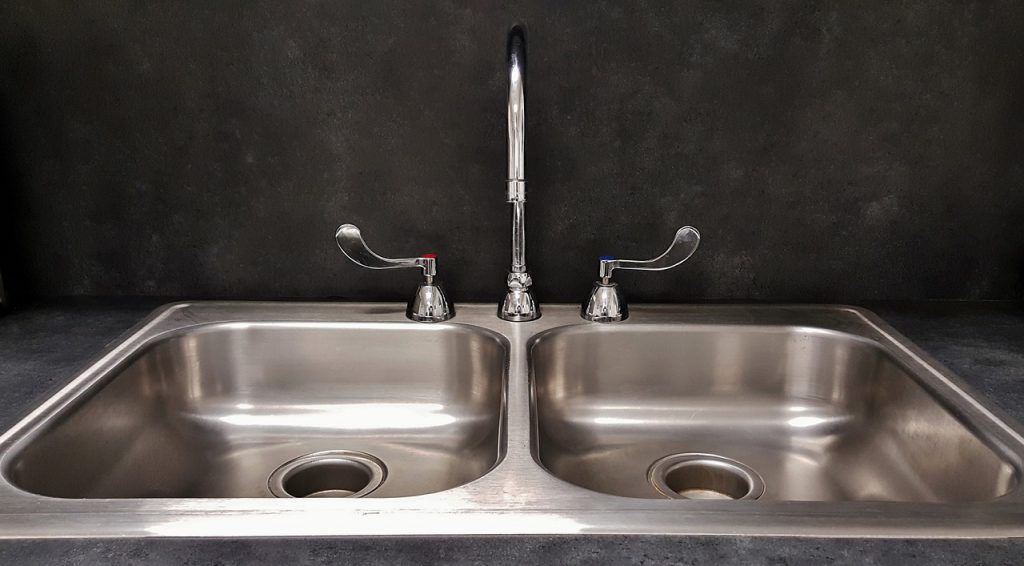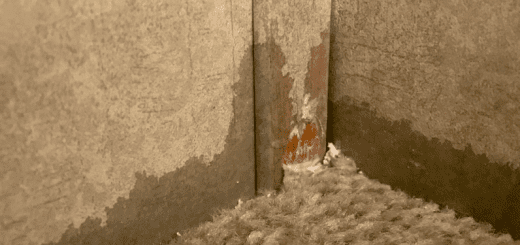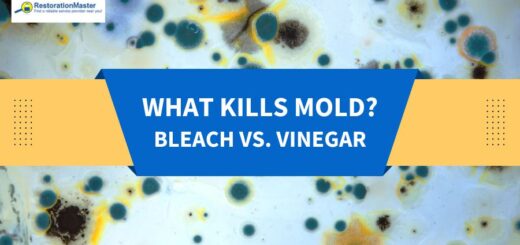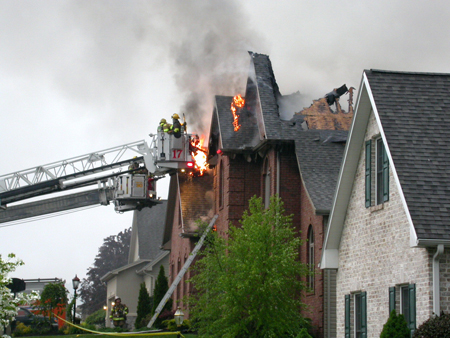7 Things People Do That Cause Plumbing Problems
A mild plumbing issue can be an inconvenience at best, but serious plumbing problems can turn your life upside down. An overflowing toilet, sewer back up, burst pipe, or clogged drainage system can quickly put your entire household at a standstill.
An aging plumbing system or old plumbing fixtures, pipes, and appliances will develop problems at some point, but many people end up causing plumbing problems in their homes with their habits and actions.
Here in this post, we will talk about the seven things people do that often result in plumbing problems. Read on: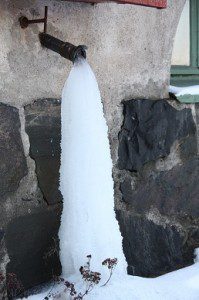
1. Leaving Hoses Connected During the Winter
Homeowners take several precautions when it comes to harsh winter weather. For instance, you may let a faucet drip a bit and keep the heat on to prevent a frozen pipe or a damaged water heater.
But it’s easy to ignore issues outside your property that may affect your plumbing system when the mercury dips.
When you forget to disconnect your hoses during the winter, the remaining water inside them can freeze, causing the lining to crack in some places.
The situation can get worse in the case of hoses with control nozzles; the ice inside the hoses can transmit pressure to the pipes connected to your property, and as a result, the entire plumbing system.
The extra pressure ultimately increases the risk of burst or cracked water pipes. Any such incidentAn incident is an event or occurrence that causes damage, di... More can cause extensive water damage and expensive plumbing repairs.
Remember, winters can be unpredictable. So, make sure to disconnect your garden hose each year before the ground freezes. Do not keep them connected to spigots year-round.
2. Using Harsh Chemical Drain Cleaners
Chemical drain cleaners do work in the short-term, if used judiciously and on the right kind of drain clog. But, many such cleaners use harsh additives and rely on pressurized foam-action to work.
When you use such chemical drain cleaners too often, you may end up with corroded drain pipes. Thus, harsh chemical drain cleaners can make clogs worse in the long-term and result in plumbing emergencies.
3. Pouring Grease down the Kitchen Drain
When you pour grease, cooking oil, and fats down the drain, it’s usually in a liquid or viscous state. But, oil or grease – whether duck fat, lard, or bacon grease – solidifies as soon as it cools off inside your drain pipes.
The grease turns into a sticky mass that acts as a trap for debris and gunk. Over time, the lump grows in size and blocks the drain pipes.
If you notice that your kitchen drain is slow, its possible grease has already begun wreaking havoc on your local sewer system.
You can pour boiling water down the kitchen drain to liquefy grease in your drainpipes. Immediately after pouring boiling water down the drain, turn the hot water tap to flush the liquefied grease, oils, and fats.
Since oil and water form emulsions, it is wise to mix dish soap with boiling water.
If the problem persists, it’s advisable to find an experienced plumber in your area.
4. Using Toilet As a Trash Can
Don’t throw everyday items such as paper towels, facial tissue, dental floss, cotton balls, diapers, band-aids, pills, etc., in the toilet. If you can flush something down the toilet, doesn’t mean you should!
Many items such as paper towels, personal care wipes, etc., do not get dissolved in the water quickly or don’t dissolve at all. Even ‘flushable’ wipes shouldn’t go down the toilet drain.
When such materials get caught on a bend or nick within a pipe, it triggers a steady buildup that will either block the pipe or result in a sewer backup.
So, don’t treat your toilet as a trash can. Your toilet, drainage system, and septic system aren’t designed to handle anything other than human waste and toilet paper.
5. Assuming You Can Handle a Major Plumbing Job
Professional plumbing services are expensive. We know that. That doesn’t mean you should try to tackle a major plumbing repairRepair is the act of fixing or restoring damaged property, m... More or installation on your own.
Unless you are an experienced DIYer, you can make serious mistakes such as:
- Joining different metal pieces together
- Overusing harsh chemical drain cleaners
- Using the wrong tape or wrapping the thread tape backward
- Forgetting to use the main water shut-off valve before starting a plumbing project
- Over-tightening the pipe connections
- Forgetting how different components of a plumbing system go back together
- Beginning a plumbing job without spare parts or the right tools
- Configuring tees, elbows, and wyes incorrectly
- Ignoring local plumbing codes
Tackling plumbing jobs beyond your skill level is a bad idea. Yes, it would help if you took preventive measures to keep your plumbing system in good shape and leak-proof your property to prevent water damage, but some plumbing jobs are best left to plumbing professionals. They have the knowledge, experience, and tools necessary to complete each plumbing job to your satisfaction.
6. Using Excessive Force on a Stuck Shut-off Valve
When you return home after a long vacation or move into an apartment that has not been used for an extended duration, you may find sink and toilet shut off valves stuck, often in an open position.
On such occasions, some people assume that they can simply force a stuck shut-off valve to turn. It seems like an easy way out, but it isn’t. You may end up damaging the valve.
Use an adjustable plumbing wrench instead. This tool lets you loosen the valve stem just enough to turn the knob freely.
7. Ignoring Minor Leaks
Unfortunately, water leaks are a common occurrence in many homes worldwide. In residential buildings, water leaks can happen due to clogged lines, corroded pipes, damaged pipe joints, excess water pressure, loose water connectors, damaged water heater, or tree roots intruding on water lines.
If you notice warning signs of a water leak, be sure to have it investigated and fixed by a licensed plumber in your area. Ignoring such leaks can leadLead is a heavy metal that can be toxic to humans, especiall... More to moldMold is a type of fungus that grows in damp or humid conditi... More growth in and around your plumbing system.
Water Damage RestorationWater damage restoration is the professional process of clea... More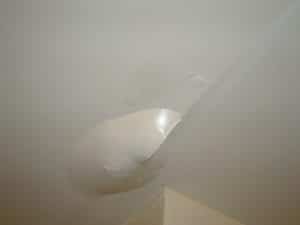
In the event you encounter any type of water damage in your home or business, such as from a water leak, sewageSewage is wastewater containing biological and chemical cont... More backup, appliance malfunction or other issue, it’s critical to react right away and call for help.
Local restorationRestoration is the process of returning a property to its pr... More companies are available 24/7 to respond to your first call. Just be sure to choose a water damage restorationWater damage restoration is the professional process of clea... More professional who is licensed, insured and experienced for your protection. Following the steps within the water restorationRestoration is the process of returning a property to its pr... More process, they will remove any soiled materials, install replacements, dry out the remaining areas and disinfect the affected area to prevent any moldMold is a type of fungus that grows in damp or humid conditi... More growth.
However, if any moldMold is a type of fungus that grows in damp or humid conditi... More growth is found during the restorationRestoration is the process of returning a property to its pr... More process, many professionals also offer mold removal services. Using professional products and equipment to remove it at the source, local contractors can provide much peace of mind after major water damage.










